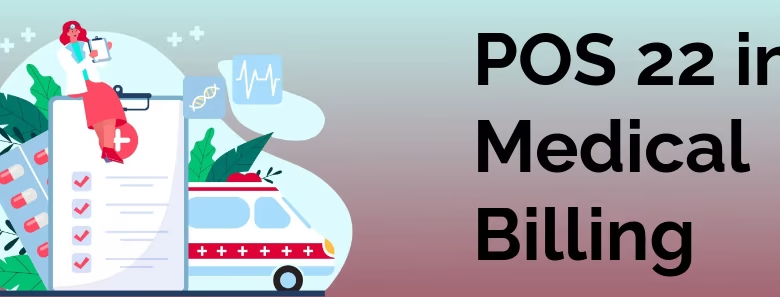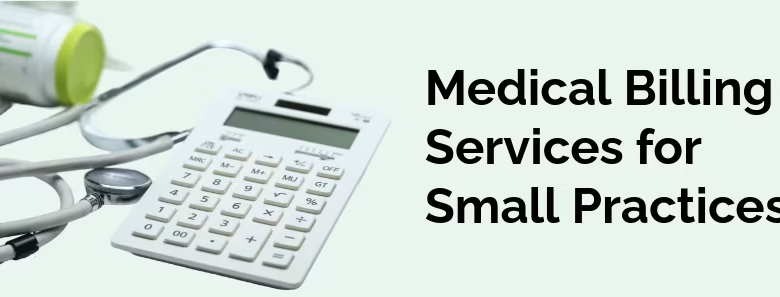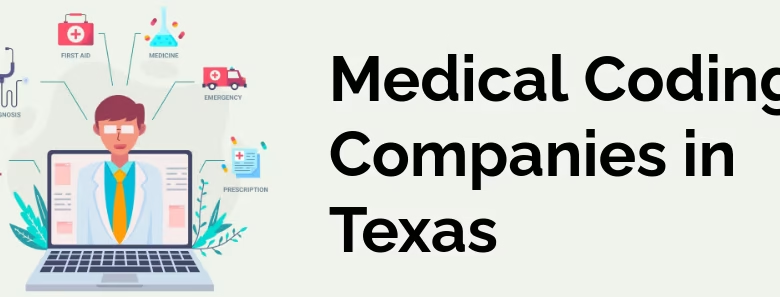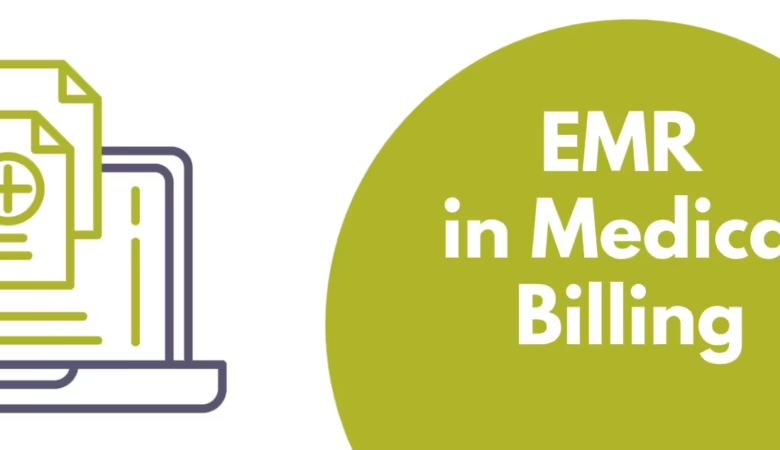How Medical Billing Services Support Healthcare Providers in USA
Introduction In the ever-evolving landscape of American healthcare, delivering quality medical care is only one aspect of running a successful practice. Behind the scenes, administrative complexities, especially around medical billing, can overwhelm even the most seasoned healthcare providers. Ensuring that every procedure is accurately coded, every claim is submitted on time, and every dollar is collected requires meticulous attention to detail and continuous updates to billing practices. This is where Medical Billing Services prove invaluable. Healthcare providers across the United States are increasingly outsourcing their billing processes to specialized firms like RevMax Healthcare, a company known for its precision, reliability, and industry expertise. This detailed guide explores how medical billing services support healthcare providers in USA, including the benefits, challenges addressed, and the strategic value RevMax Healthcare brings to medical practices of all types and sizes. Also Read: How Can We Improve AR Collection in Medical Billing? What Are Medical Billing Services? Medical billing services encompass the entire lifecycle of the billing process in a healthcare setting. This includes: Patient Registration and Insurance Verification: Accurate information gathering ensures a smooth claim process. Medical Coding: Translation of diagnoses and procedures into standardized CPT, HCPCS, and ICD-10 codes. Claim Preparation and Submission: Compiling and submitting claims to insurance payers. Payment Posting: Recording payments from insurers and patients. Accounts Receivable Management: Following up on unpaid claims and aging accounts. Denial Management and Appeals: Handling rejected claims and resubmitting them with corrections. Financial Reporting and Analytics: Offering insights into practice performance and revenue trends. When executed professionally, these services form the backbone of a profitable and well-managed practice. Also Read: POS 22 in Medical Billing How Outsourcing Medical Billing Saves Money Many healthcare providers believe that outsourcing billing is an added cost, but the reality is different. Here’s how it saves money: Reduces overhead (no salaries or training for in-house staff) Lowers claim rejection and denial rates Speeds up revenue collections Minimizes billing errors and compliance risks RevMax Healthcare offers flexible pricing models designed to support both small clinics and large medical facilities. Also Read: Medical Billing Companies in Texas Challenges Faced by Healthcare Providers Without Billing Support Healthcare providers in the U.S. often face the following issues when handling billing internally: 1. High Administrative Overhead Physicians and clinical staff spend excessive time on billing-related tasks, diverting attention from patient care. 2. Frequent Claim Denials Lack of expertise in coding and payer policies leads to higher claim rejection rates. 3. Delayed Reimbursements Improper documentation or delayed claim submissions can significantly slow down payment cycles. 4. Compliance Risks Failing to adhere to HIPAA and payer-specific guidelines can result in legal penalties and audits. 5. Staff Training and Turnover Keeping up with billing regulation changes and training staff is costly and time-consuming. Also Read: Medical Coding Companies in Texas How Medical Billing Services Support Healthcare Providers in USA Medical billing services are not just about administrative relief; they are strategic business solutions. Here’s how RevMax Healthcare makes a tangible difference: 1. Comprehensive Insurance Eligibility Verification By verifying insurance details in real-time, RevMax reduces denials due to eligibility errors. This step ensures services are covered and properly authorized before treatment begins. 2. Expert Medical Coding for Maximum Reimbursement Their AAPC-certified coders use the latest coding updates, modifiers, and payer-specific rules to ensure claims reflect the full scope of rendered services. 3. Accelerated Claims Submission and Processing RevMax leverages state-of-the-art billing software to submit clean claims within 24 hours, significantly reducing turnaround times. 4. Detailed Payment Posting and Monitoring Their team meticulously tracks every transaction, matches payments to services, identifies underpayments, and initiates corrections when needed. 5. Effective Denial Management System RevMax doesn’t just resubmit claims; they perform root-cause analysis to identify systemic issues, implement corrective actions, and appeal denied claims successfully. 6. Proactive Accounts Receivable Follow-up AR specialists at RevMax use aging reports, trend analysis, and escalation protocols to ensure timely collections and minimal write-offs. 7. Transparent and Actionable Reporting Clients receive real-time dashboards and detailed performance metrics such as collection ratios, denial rates, average payment turnaround time, and payer performance scores. 8. Credentialing Support RevMax assists practices in provider credentialing and payer enrollment, streamlining access to reimbursement channels from all major insurance carriers. Also Read: Account Receivable in Medical Billing Advantages of Outsourcing Medical Billing Cost Savings Outsourcing eliminates the need for in-house billing staff, reduces training costs, and minimizes software investments. Increased Revenue Professional billing teams improve collection rates and reduce write-offs, maximizing your earnings. More Focus on Patient Care Delegating billing tasks allows physicians to focus on treatment, leading to better patient outcomes and satisfaction. Fewer Errors and Rejections Experienced billers understand payer nuances, reducing claim denials due to coding or documentation errors. Scalability As your practice grows, RevMax Healthcare scales its services accordingly without requiring infrastructure changes on your end. Also Read: Medical Billing and Coding Terms Why Choose RevMax Healthcare? RevMax Healthcare is a trusted name in Medical Billing Services in USA, offering tailored solutions for medical practices of all sizes and specialties. Here’s what makes them stand out: Domain Expertise With a team of certified coders and billing specialists, RevMax brings deep domain knowledge across multiple specialties, from cardiology to behavioral health. End-to-End RCM They offer comprehensive Revenue Cycle Management services, handling every phase from pre-registration to final payment collection. HIPAA-Compliant Infrastructure Data security is paramount. RevMax uses encrypted systems and follows all HIPAA protocols to safeguard patient information. EMR/EHR Integration Their systems integrate smoothly with leading EHR platforms, ensuring no disruption to existing workflows. Custom Reporting and Insights You get detailed analytics and KPIs, helping you make data-driven decisions for your practice’s growth. Dedicated Support With 24/7 access to dedicated account managers, RevMax ensures seamless communication and timely resolution of issues. Also Read: EMR in Medical Billing Specialty-Specific Medical Billing Services RevMax understands that different specialties have unique billing requirements. They offer specialized solutions for: Internal Medicine Family Practice Pediatrics Psychiatry & Behavioral Health Cardiology Dermatology Orthopedics Urgent Care Clinics Their team stays up-to-date with specialty-specific coding changes, payer










